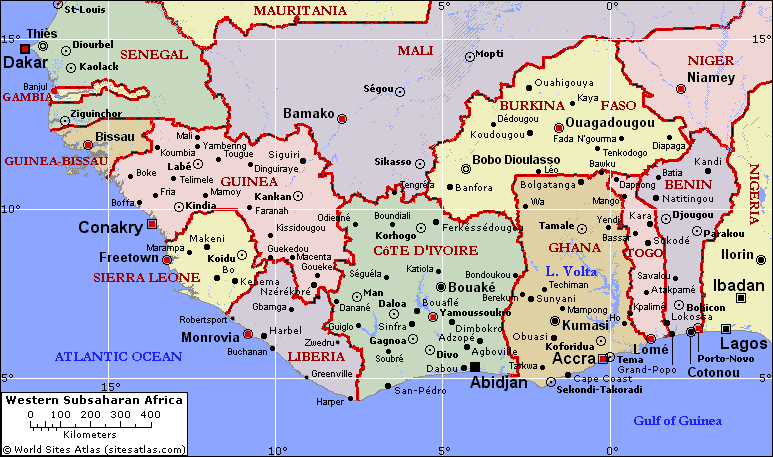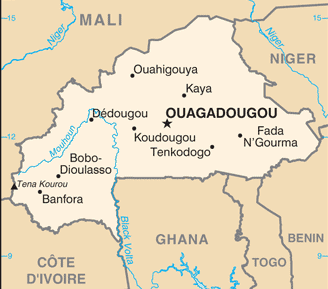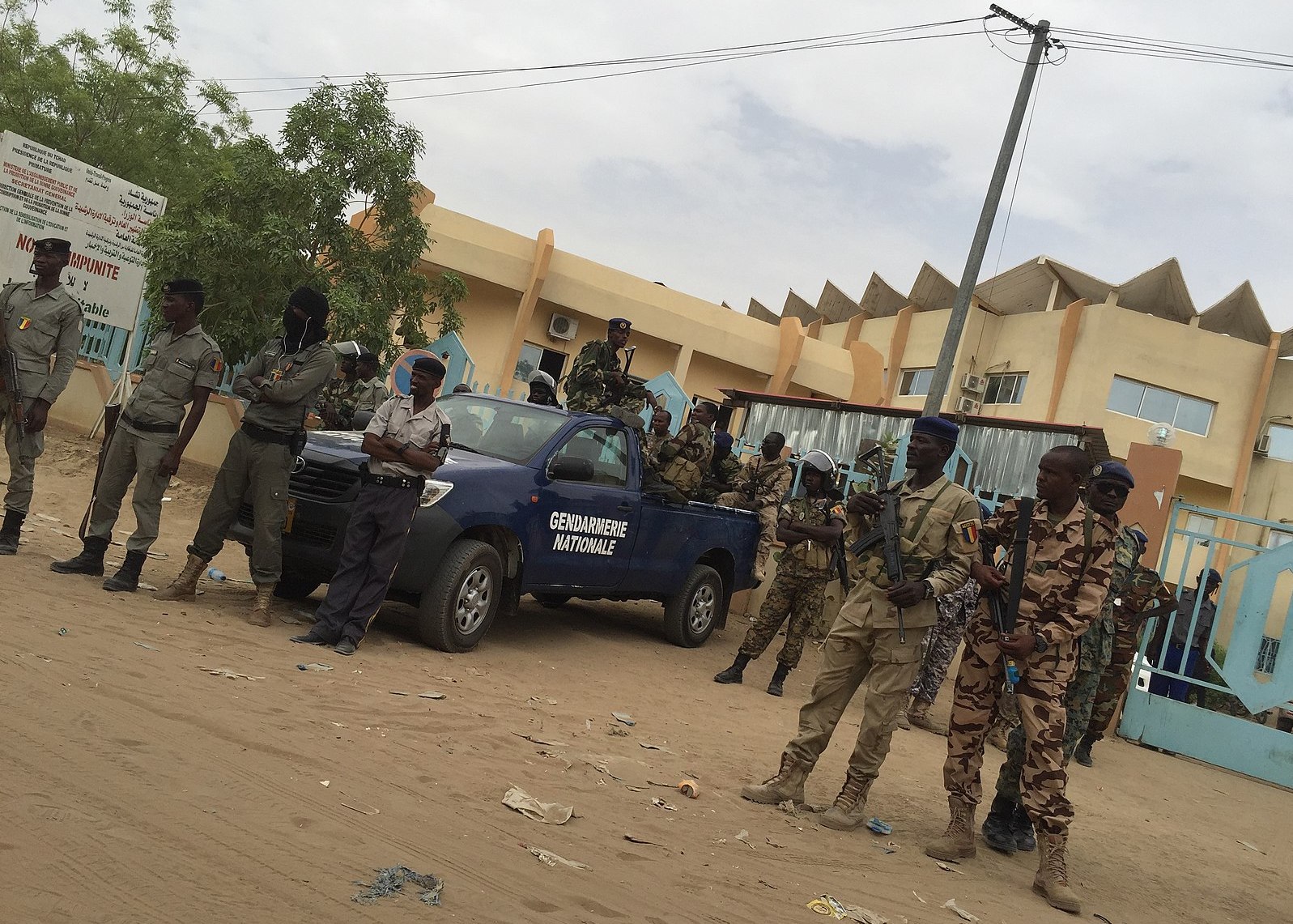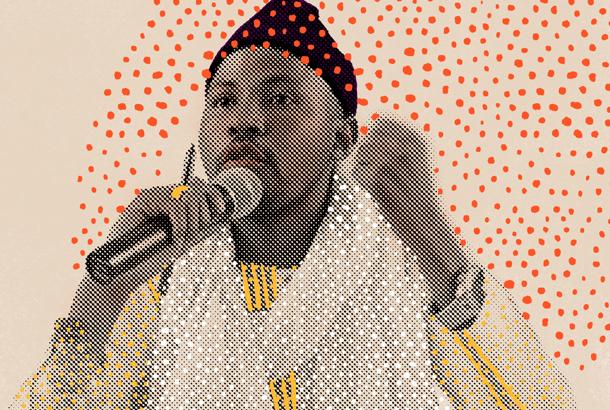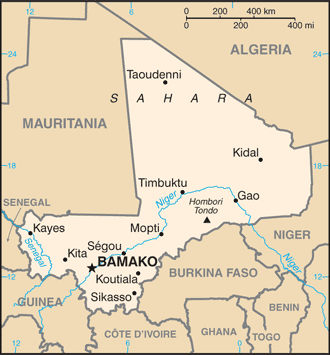
Mali insurgents rout Russian mercenaries
A commander of Russia’s paramilitary Africa Corps was killed along with some 50 of his fighters in an insurgent ambush amid a sandstorm in northern Mali. The attack, in Tinzaouatène district along the Algerian border, is said to be the biggest loss ever for Russian forces in Africa. However, it is unclear who carried it out, as two mutually hostile groups have claimed responsibility. “Our forces decisively obliterated these enemy columns,” said a statement by the Permanent Strategic Cadre for Peace, Security & Development (CSP-PSD), an alliance of Tuareg rebel groups fighting for independence in Mali’s north. But a separate statement by Jamaat Nusrat al-Islam wal-Muslimin (JNIM), an al-Qaeda affiliate, also claimed sole responsibility for the attack. The Malian regime and Russian mercenaries have been fighting both groups in the region. (Map: PCL)



